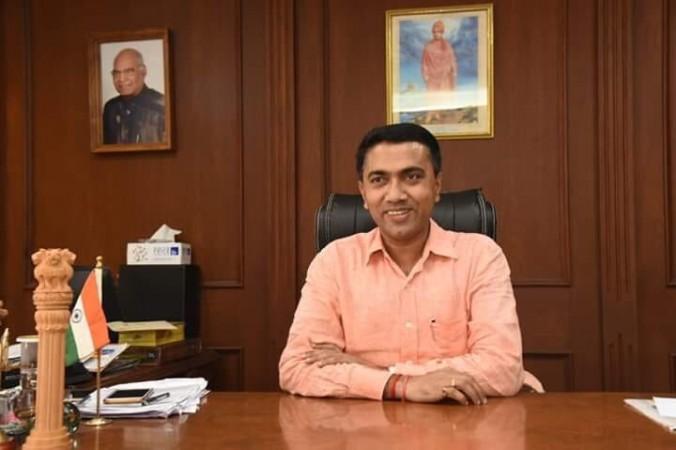
The Government of Goa has decided to divert the land allocated for constructing an Indian Institute of Technology (IIT) due to protests by the locals. Pramod Sawant led government has announced the diversion of land parcel of 45,000 square meters out of proposed 10 lakh square meters for building an IIT campus. The government claimed that the decision to divert the allocated land in Melaulim, Sattari district of North Goa has been taken amidst the local population's strong protest.
The locals contested that the allocated lands include a temple among other areas used by them for religious and ritualistic practice. "We have identified 45,000 sq mts land for religious activity. They will be diverted and taken off the final plan. This was done in the interest of the villagers and to pacify them. This is the interest of the villagers," Indian Express quoted Chief Minister Pramod Sawant as saying.
![Campus of Indian Institute of Technology, Bombay. [Representational Image] IIT Bombay](https://data1.ibtimes.co.in/en/full/571125/iit-bombay.jpg?h=450&l=50&t=40)
Third site being changed due to protest
Notably, Guleli is the third site listed for the project after two other villages, Canacona and Sanguem, also protested and the campus shifted in seven years. The development tells the sorry story about the Goa government's priority to build an IIT as its own minister touted the project as one of the highest investments over the last 10 years in Goa. Last week, in a statement to media, the local MLA and state health minister Vishwajit Rane said, "It is one of the highest investments over the last 10 years in Goa. Approximately Rs 3,200 crore spread over a period of four to five years. The commitment from IIT is to spend Rs 2,200 crore in Guleli village itself over the next two years."
IIT allotted to Goa in 2014
The Central Government allocated an IIT to Goa in 2014 and the new Indian Institute of Technology (IIT) began operating on a temporary campus located at Goa Engineering College (GEC) Campus in Farmagudi, Goa from July 2016. It currently offers three core and one non-core division of BTech courses, including Electrical, Computer Science, Mechanical, and Mathematics and Computing.










